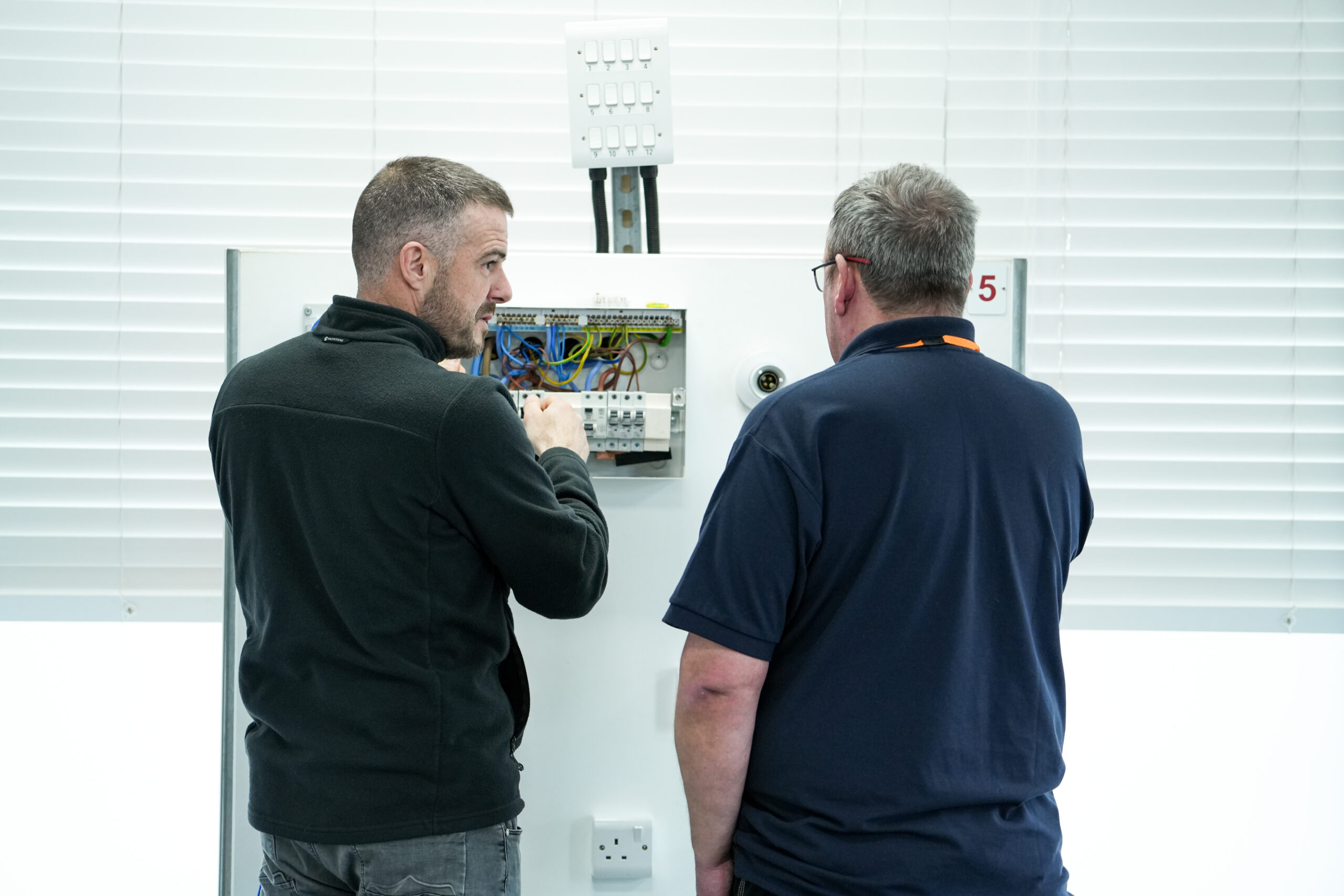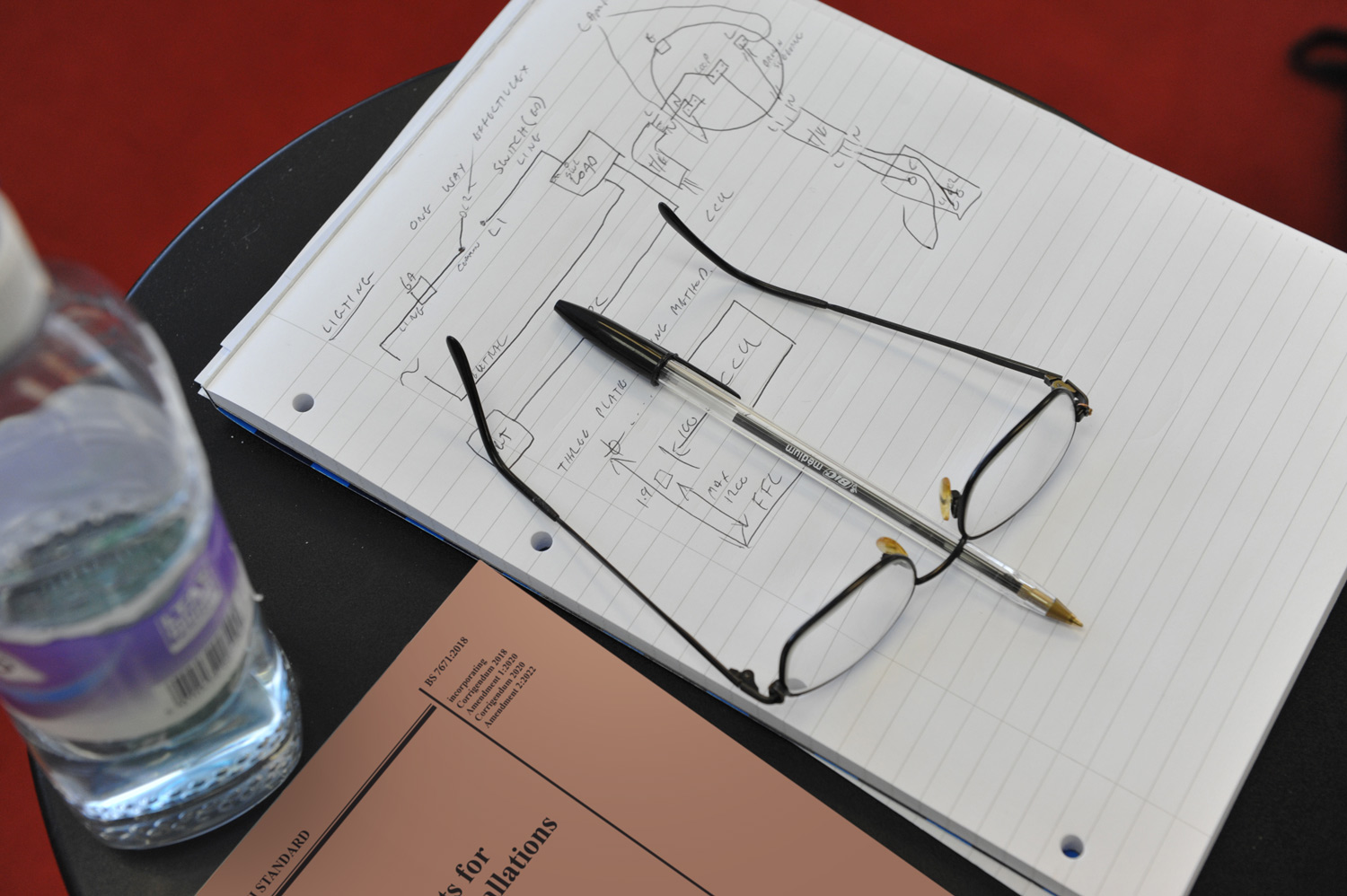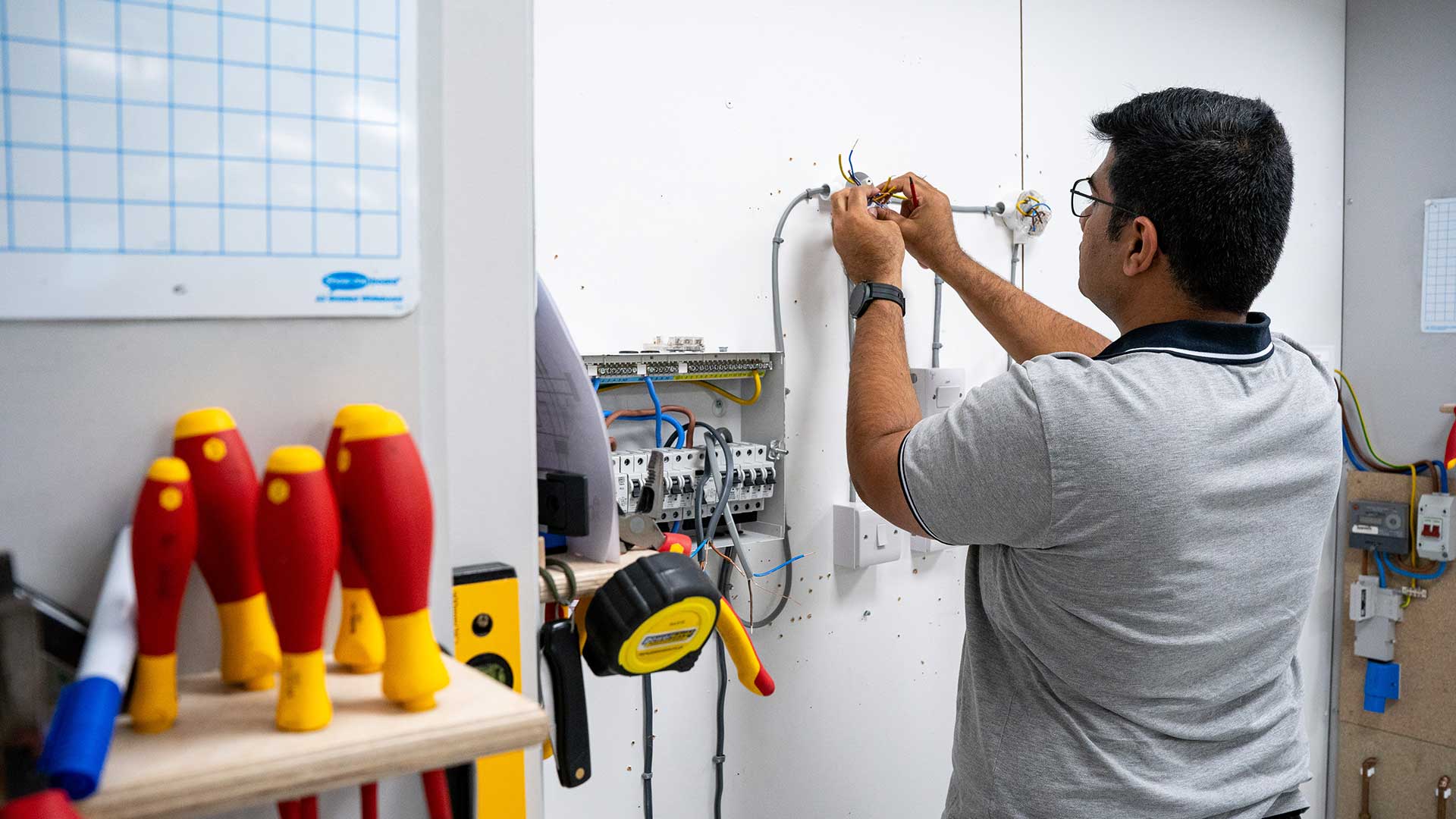On a cold Tuesday morning in West Sussex, we challenged popular YouTuber and Electrician Thomas Nagy to drive an electric vehicle from our Gatwick training centre to our newly opened Coventry centre on a single charge. The car we chose for this demanding challenge was the 2019 i3 which BMW claim has a range of 153 miles in optimal conditions, or 140 miles in real world conditions. At just 3 degrees and raining steadily, the conditions he set off in were hardly ideal. However, we had chosen this particular model as the distance between our two state-of-the-art training facilities is 137 miles, leaving just a 2% margin for error – Certainly cutting it fine!
Practicality of EV’s in the real world
We organised this challenge to highlight that Electric Vehicles are now a viable option for most people’s lifestyle. According to data from the Department for Transport on every MOT test in Britain, the average distance a car covers annually is now just 7,712 miles and falling year on year. That’s an average of 22 miles a day, which even the shortest-range electric vehicles on sale can easily quadruple on a full charge. The official National Travel Survey (NTS), published last year, revealed that the average person in England now only takes 594 trips by car a year, compared with 678 in 2002.
Fewer trips and fewer miles driven
But why UK drivers are taking fewer trips and driving fewer miles is not clear, although there are a number of potential factors. Rising fuel costs are a likely cause, with prices surging from under 105p at the end of December 2015 to 120p in 2017. Last year they broke through the 130p level but have since fallen back to their current average of 122p for a litre of unleaded. Business mileage has also fallen significantly as the tax regime has cut the number of company cars, but cheap Uber taxi rides, and fewer visits to the high street as a result of online shopping may be having an impact on car-usage patterns.
Do Electric Vehicles live up to manufacturers claims?
Starting the journey on the M23, Nagy began with the manufacturer stated 153 mile range, though this initially increased to an extremely optimistic 198 miles. However, stop start traffic on the way out of Crawley meant this began to drop faster than expected. Average speed limits on the M23 began to claw back some range, with steady 50MPH driving ideal for electric vehicles. At junction 17 of the M25 with 93 miles to go, the car had 100 miles of range left in the battery and the outcome of the challenge could have gone either way.
By the time Nagy joined the M1, confidence was growing, and it was becoming ever more likely that the car would make the journey on a single charge. The inclement weather meant a true eco run just wasn’t possible – The heater and wipers were a necessity, no matter how much they might eat into the battery’s charge. However, with just 33 miles to go, the car still had 36 miles of range and making it to the finish line was never in doubt from this point onwards. At around 12:30pm, the car turned in to the Trade Skills 4U centre on Westwood Business Park in Coventry with just under 10 miles of range left.
Changing opinions on Electric Vehicles
Speaking to Fix Radio (a station dedicated to tradespeople), who kept in contact throughout the challenge, Nagy said: “If you were driving this with a very gentle right foot and trying to do an economy drive, I’m pretty sure you could get quite a bit more out of it. We made it with normal driving, it’s altered my opinion on [electric cars].”
EV Charging Point Installer courses are now live to book at the newly opened Coventry centre, as well as the existing Gatwick, Warrington and Leeds training centres. Find out more about becoming an EV charge point installer today!



























